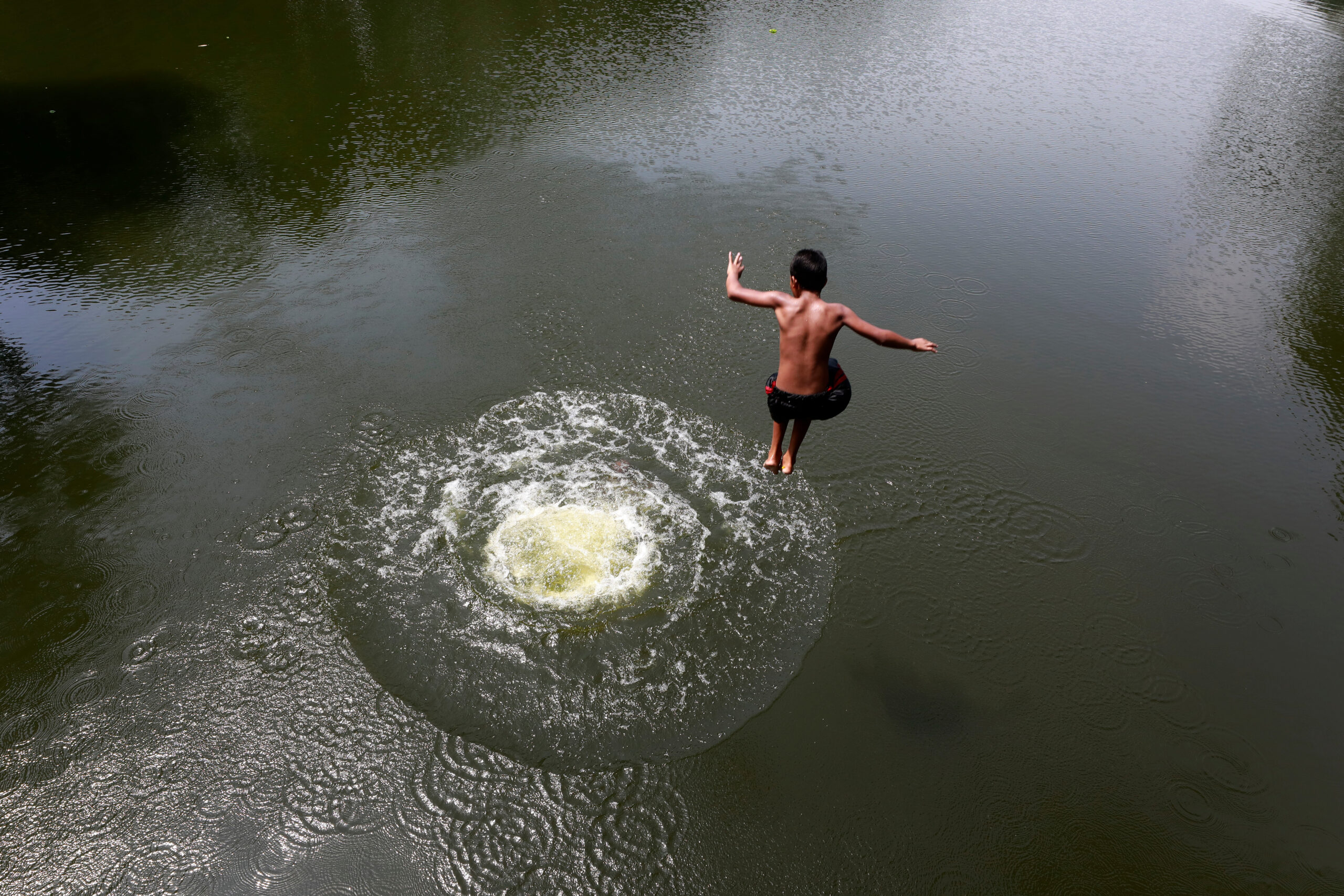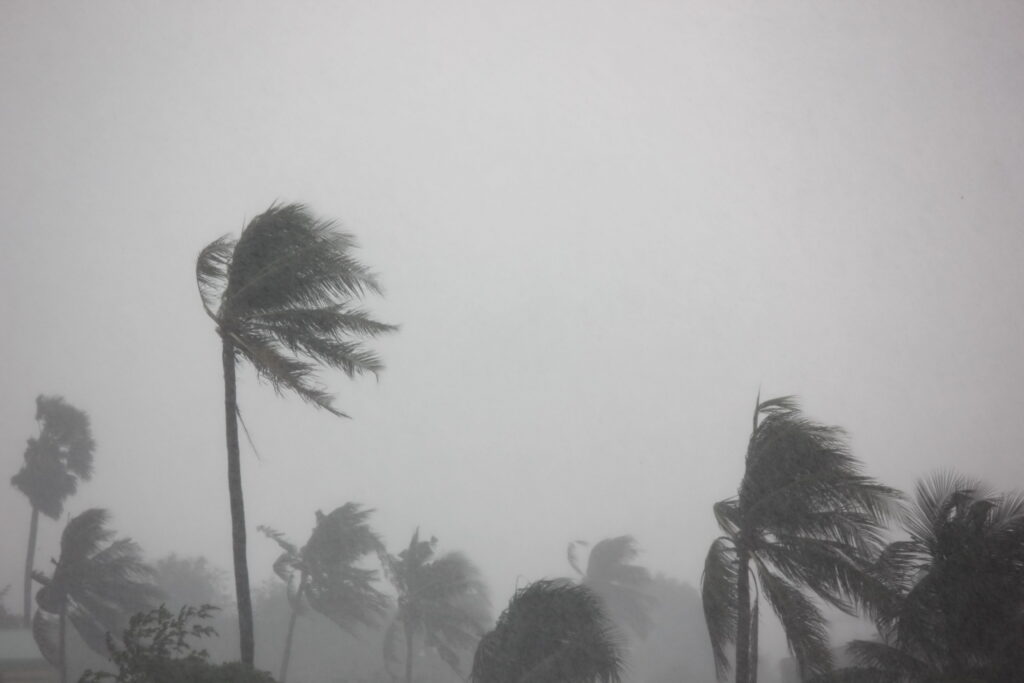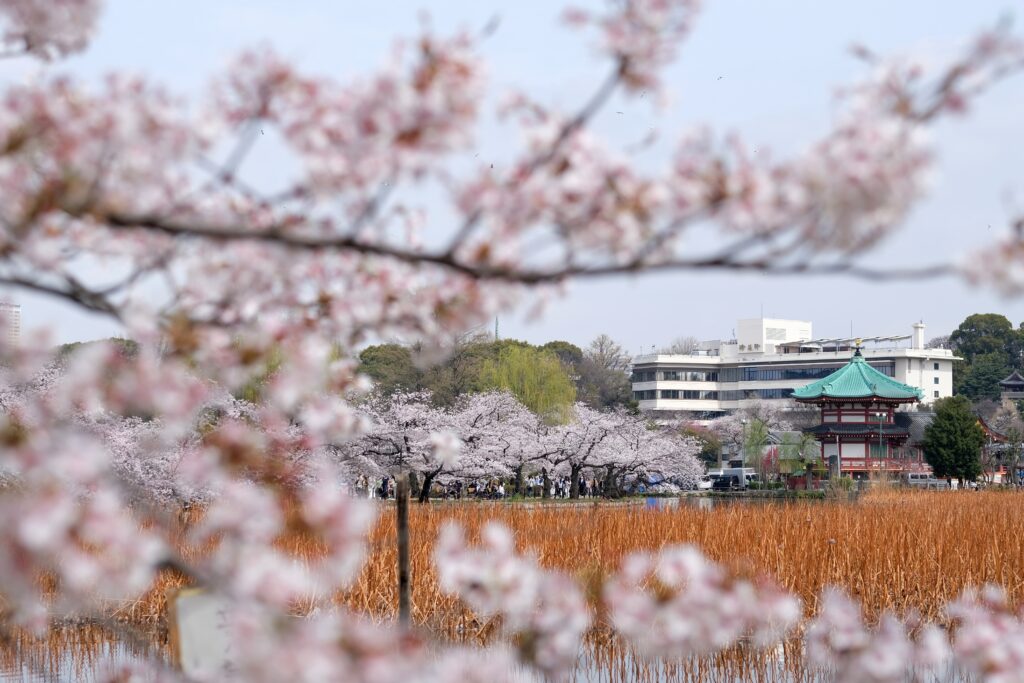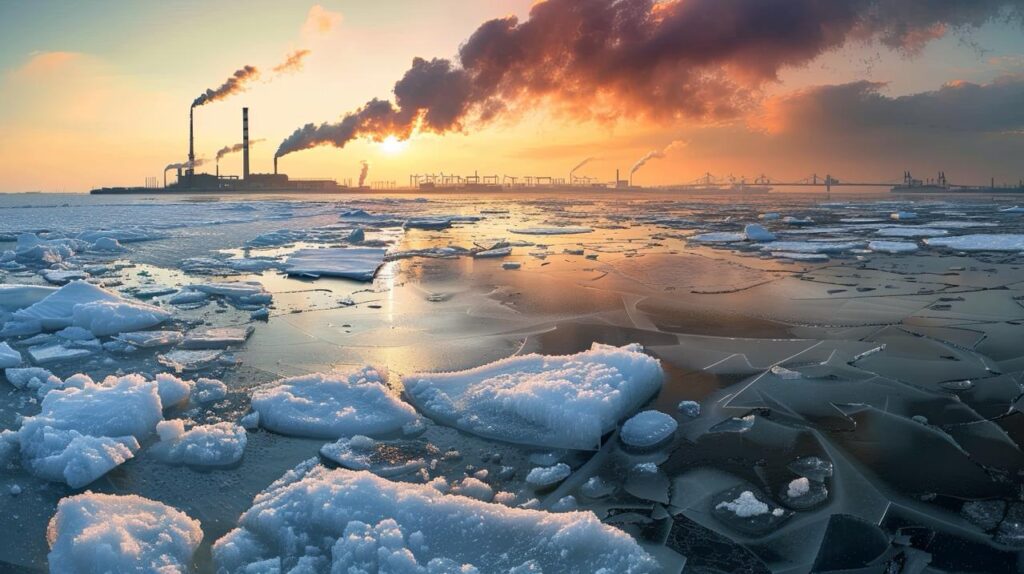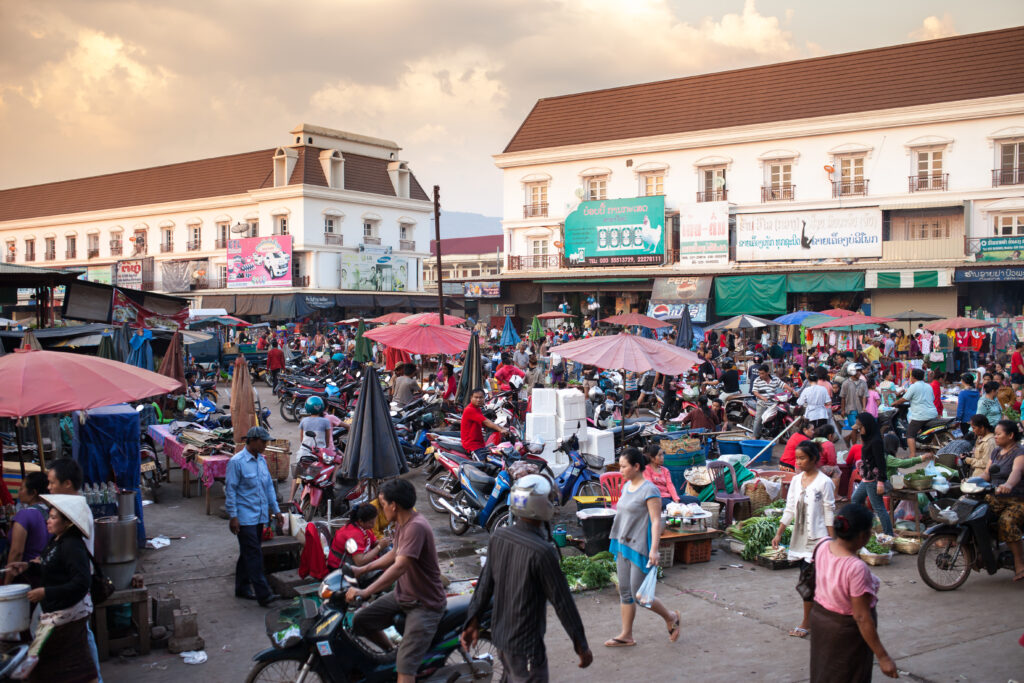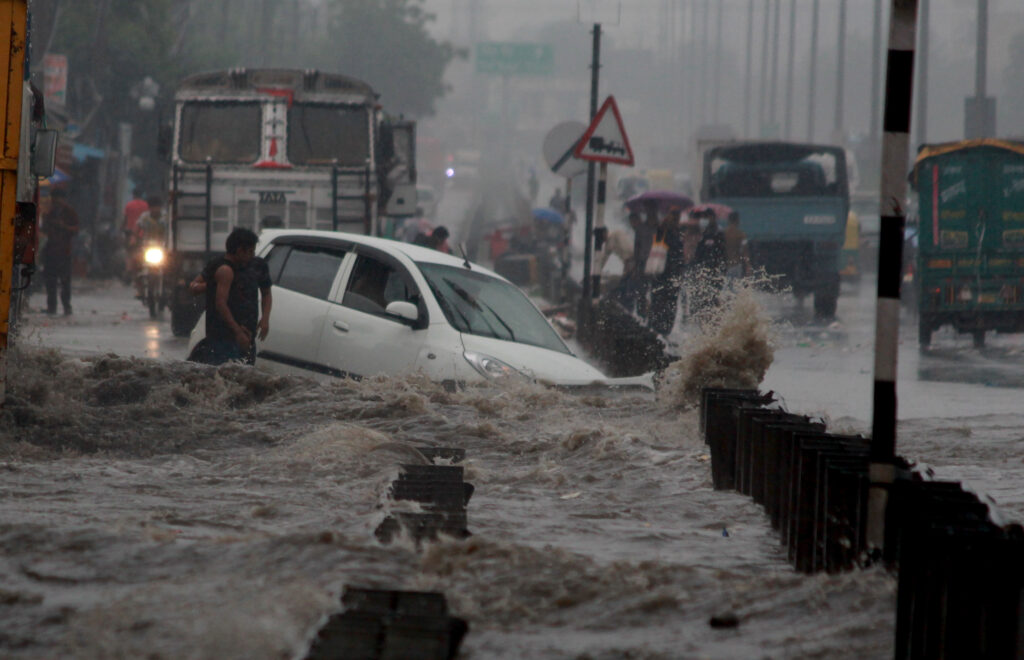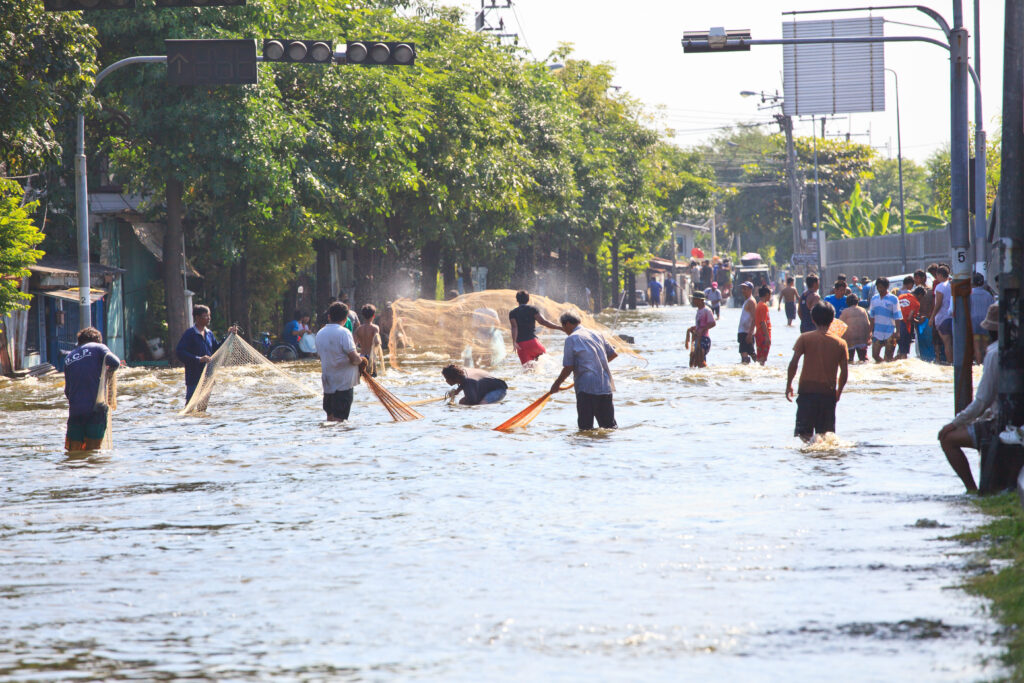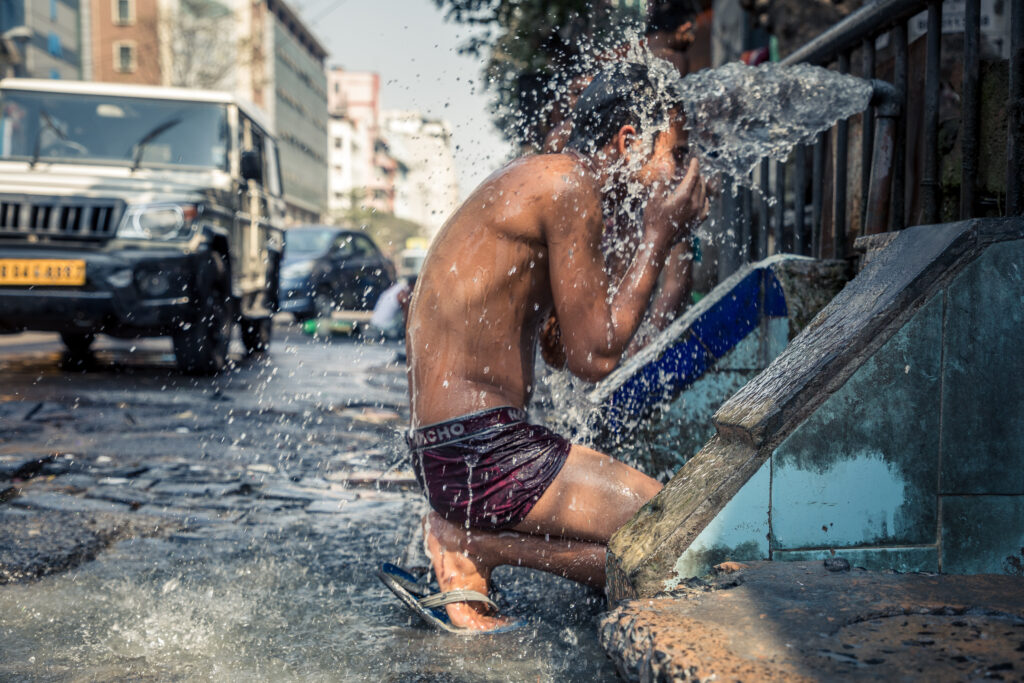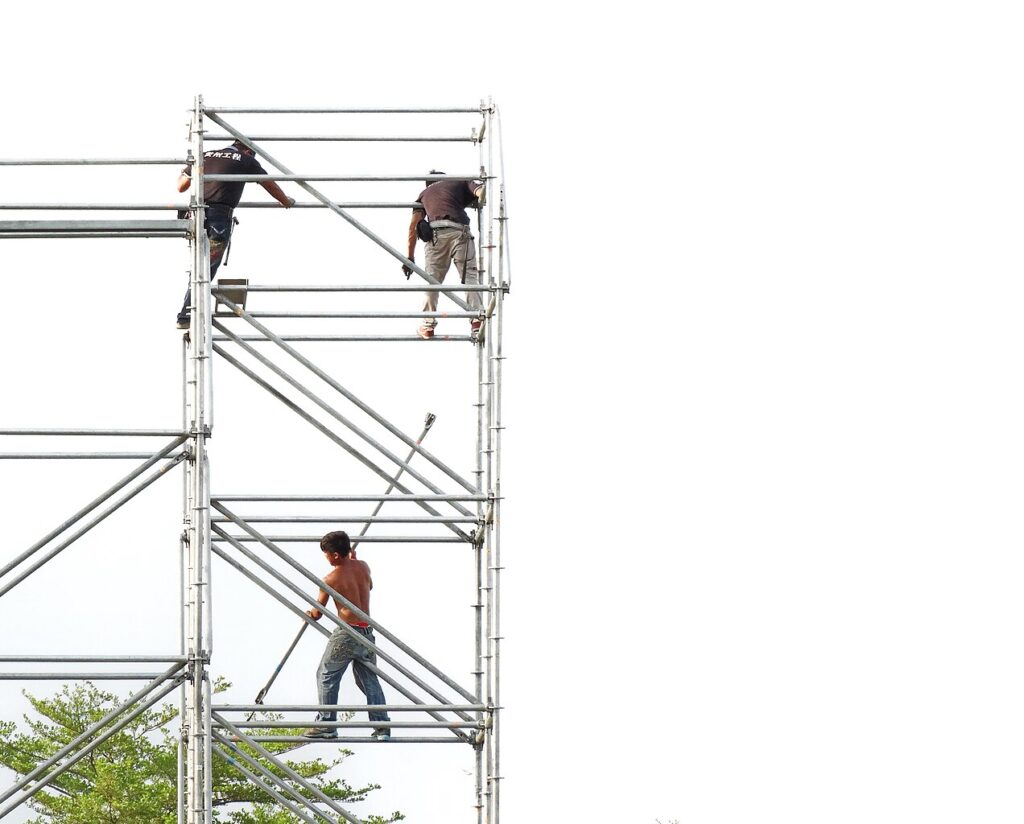Heat waves’ impact in Bangladesh are intense. The searing and deadly 2023 heatwave that swept across Asia meant many regions recorded their highest-ever temperatures in April 2023. Now, a rapid analysis by the World Weather Attribution (WWA) group has concluded that human-caused climate change made this humid heat wave in Bangladesh and other parts of South Asia at least 30 times more likely. Moreover, the high vulnerability to heat in the region worsened its impacts, the analysis found.
Heat Waves in Bangladesh
Humid heatwaves like this most recent one are particularly dangerous to human health. For Bangladesh, these events once occurred on average less than once a century. However, due to climate change, they can now be expected around once every five years. Should global temperature rise reach 2°C, excessive heat events like this will occur an average of every two years, the scientists warn.
“We see again and again that climate change dramatically increases the frequency and intensity of heatwaves, one of the deadliest weather events there are”, said senior climate scientist Dr. Friederike Otto. Yet, despite this, “heat action plans are only being introduced very slowly across the globe”, she added.
Global Warming Is Driving Bangladesh’s Unprecedented Extreme Heat Stress
April’s heatwave meant Bangladesh saw its highest temperature for almost 60 years. In the country’s capital, Dhaka, the temperature soared to 40.6°C, making people’s lives unbearable for more than a week, according to Bangladesh Meteorological Department (BMD) officials.
Meanwhile, experts noted that while heatwaves were common in the country’s western region, this year, it extended to the southwestern areas too. “It is unusual. Almost the entire country was under cover of a heatwave,” Md. Bazlur Rashid, a meteorologist with the BMD, told Mongabay. “It is a new experience and also alarming at the same time.”
Officials also noted urban centres suffered particularly hard. “The issue of urban temperatures has become a grave concern,” said Ashraf Dewan, a professor at the School of Earth and Planetary Sciences at Curtin University, Australia. “This has resulted from manifold increase of air condition use, rapid loss of green-blue space, construction of huge high-rise buildings and increased industrial activities.”
The heatwave also impacted Bangladesh’s agriculture, with farmers warned to ensure their rice fields remain adequately irrigated throughout the period of high heat. Nonetheless, Director General of the Department of Agricultural Extension Badal Chandra Biswas confirmed the heatwave ruined hundreds of acres of the country’s rice crops.
The Inequality of Heatwaves
April’s heatwave most severely impacted Bangladesh’s vulnerable and disadvantaged communities, noted the WWA scientists. These groups included outdoor workers, people with pre-existing health conditions and those with poor living conditions with reduced access to cooling green spaces, water and air conditioning.
“This is another disaster that highlights the need to reduce vulnerability and think deeper about the limits to adaptation,” said Emmanuel Raju, director of the Copenhagen Centre for Disaster Research. “As it often happens, marginalised people are the worst affected. Many of them are still recovering from the pandemic, and from past heatwaves and cyclones, which leaves them trapped in a vicious cycle,” he said.
Therefore, the WWA scientists stressed that heat action plans must be inclusive, prioritise regions most at risk from dangerous humid heat and ensure access to essential services such as water, electricity, and health care. “They [heat action plans] need to be an absolute priority adaptation action everywhere,” said Dr. Otto, adding that they should be “in places where high humidity enhances the impacts of heatwaves”.
Evelyn Smail
Writer, United Kingdom
Evelyn is a freelance writer and journalist specialising in climate science and policy, the just energy transition and the human impacts of climate change. She writes for independent publications, NGOs and environmental organisations. Evelyn has a background in sustainable development, climate justice and human rights.
Evelyn is a freelance writer and journalist specialising in climate science and policy, the just energy transition and the human impacts of climate change. She writes for independent publications, NGOs and environmental organisations. Evelyn has a background in sustainable development, climate justice and human rights.

